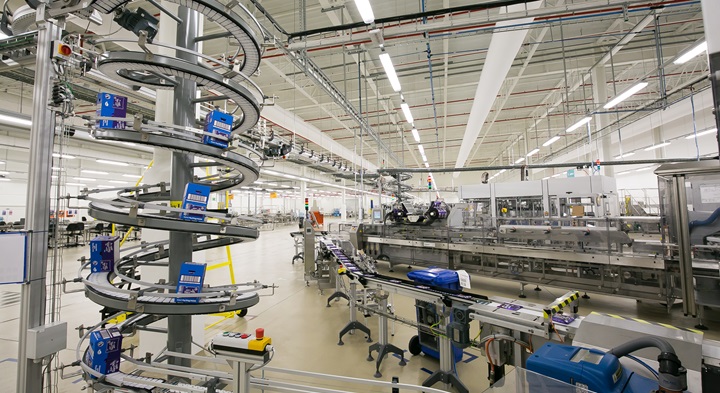
- Snacks company pledges net zero greenhouse gas emissions across the full value chain by 2050
- Philippine Manufacturing Plant reduces carbon emissions by as much as 96%
- Survey shows consumers look for snacks that are better for the environment
Leading snacks company Mondelēz International in the Philippines has advanced its Sustainable Snacking platform by becoming a Net Zero Carbon Alliance (NZCA) member. This move aligns with the Company’s global commitment to achieve net zero carbon emissions across its full value chain by 2050.
“From the communities we work closely with to the consumers who buy and enjoy our snacks, we do everything we can to ensure snacking is made right, along our value chain,” shares Mondelēz International Managing Director in the Philippines, Aleli Arcilla. “There is an increasing snacking need in the country, but consumers do not want to choose between snacking and eating right. People want convenient and delicious snacks they feel good about eating, made with less energy, water, and waste, with ingredients they know and trust. That is why we have stepped up our efforts to provide snacks made the right way and with less impact on the planet.”
In the Philippines, the snacks company has been working steadily since 2018 to reduce the amount of carbon emissions from its manufacturing activities. Past initiatives included installing a biomass boiler inside its facility in Parañaque City. This utilizes a biodegradable fuel source of rice hull instead of traditional fossil fuels. For the past five years, Mondelēz International locally has been using 100% renewable energy for its Plant, switching to hydropower in 2023 to make its well-loved snack products. Since 2018, the company’s Philippine Manufacturing Plant has reduced its carbon emissions by as much as 96%.
Globally Mondelēz International has also announced a significant milestone toward its goal of net zero greenhouse gas emissions across its full value chain by 2050. After joining the Science Based Targets Initiative (SBTi)’s Net Zero Carbon Ambition two years ago, the Company has submitted a time-bound plan within SBTi’s timeframe, consistent with the 1.5°C protocol. Furthermore, Mondelēz International confirms a goal to seek no deforestation across its primary commodities by 2025, in accordance with the European Union Deforestation Regulation and SBTi guidance. The Company has already made targeted investments and progress in three key areas around the world, namely in more sustainable ingredient sourcing, operations, and logistics.
A 2022 edition of the State of Snacking Survey shows that consumers around the world are willing to pay a premium for sustainability. Some 61% of consumers surveyed agree they would pay a small carbon tax on a snack to offset the environmental impact of making it. Most consumers are willing to foot the bill, as majorities will pay more for snacks that are better for the environment and for snacks that contain ethically sourced ingredients. The State of Snacking survey is commissioned by Mondelēz International together with The Harris Poll.
The Net Zero Carbon Alliance in the Philippines
NZCA is a private sector-led movement toward attaining net zero carbon emissions among businesses in the Philippines as part of its mission to forge collaborative pathways for a decarbonized and regenerative future. As part of NZCA, Mondelez Philippines can benefit from the expertise of the collective and create a roadmap to achieve carbon neutrality. They can also benefit from shared best practices, scaled-up carbon emission reduction and tracking, and better access to green financing, among many other capacity-building tools. Similarly, NZCA aims to engage in collaborative efforts with its partner companies and organizations to achieve carbon neutrality by or before the year 2050.
Launched by the Energy Development Corporation (EDC), NZCA welcomes Mondelēz International among its members. “Over the past year, we have received interest from numerous organizations and companies to be part of NZCA—a strong indication that many businesses are now aware of the need to step up their decarbonization programs,” said Jerome H. Cainglet, President and Chief Operating Officer of First-Gen owned renewable energy leader Energy Development Corporation (EDC), which first initiated NZCA in 2021.

